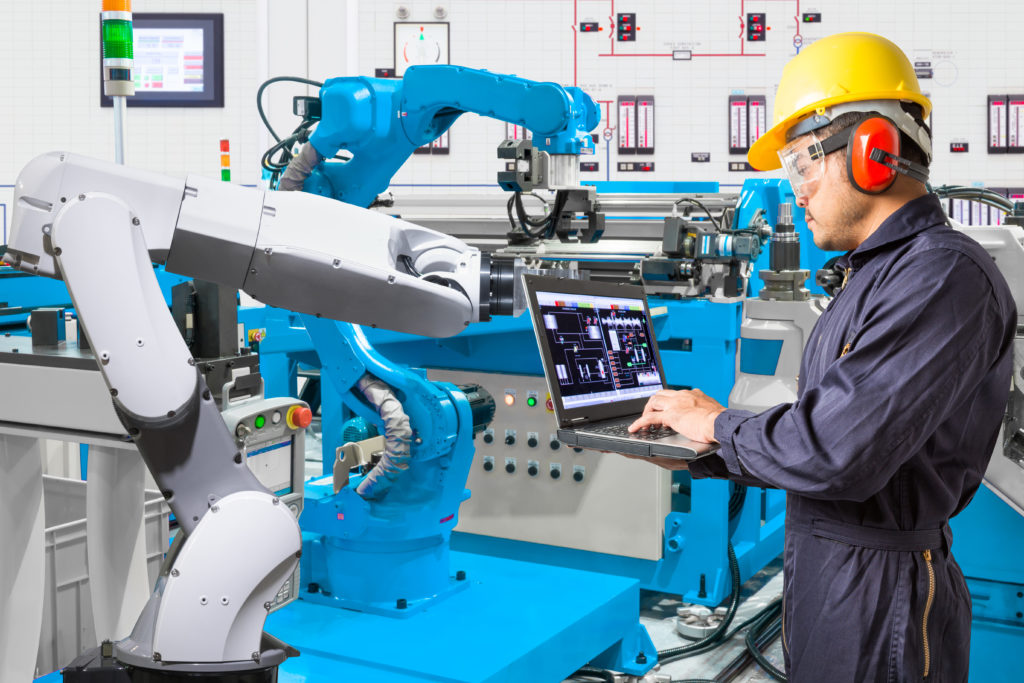Your machines are the lifeblood of your operation, and you want them working at maximum possible efficiency all the time. One way to make that more likely and avoid unexpected breakdowns is through a regular maintenance schedule.
The Importance of Scheduled Maintenance
When your machines are working the way they should, it’s tempting just to follow the old maxim “if it ain’t broke, don’t fix it.” The plain and simple fact is that maintenance on a machine takes it out of commission, and if you’re not having a problem, that may feel like a waste of time and money.
The truth is, scheduled maintenance for your equipment can extend the life of your machines dramatically. You can work a machine into the ground and then have to buy a new one, incurring who knows how much expense and lost time, or you can take a machine off the line for a few days a year and extend it’s life for years.
Scheduled maintenance has other benefits. It can prevent unexpected maintenance or repair issues. If your machine breaks down suddenly, you’ll have to scramble to fix it and figure out what to do in the meantime. If you have a set schedule for maintenance, you’ll already have procedures in place to pick up the slack for when that machine is out of commission.
Preventive maintenance can also improve safety conditions on your floor. When a machine breaks down suddenly while someone is using it or near it, there’s always the possibility of an injury. Regular maintenance can help lessen that possibility.
Setting Your Maintenance Schedule
All managers and workers must cooperate to make an effective maintenance schedule, but when it works, it can make your floor an impressive model of efficiency. Plan which machines you will maintain and when. You can choose off-hours for maintenance and make sure to stagger the work, so you don’t have a lot of machines down at the same time. Determine who will take on what responsibilities during maintenance periods, so there is no confusion among workers and you can minimize overtime and downtime.
As long as you are fully prepared with a clear maintenance schedule that everyone understands, one that clearly outlines exactly what will happen when and what everyone’s responsibilities are, you can expect to enjoy longer uptime with fewer unexpected repair issues for most of your industrial machines.
